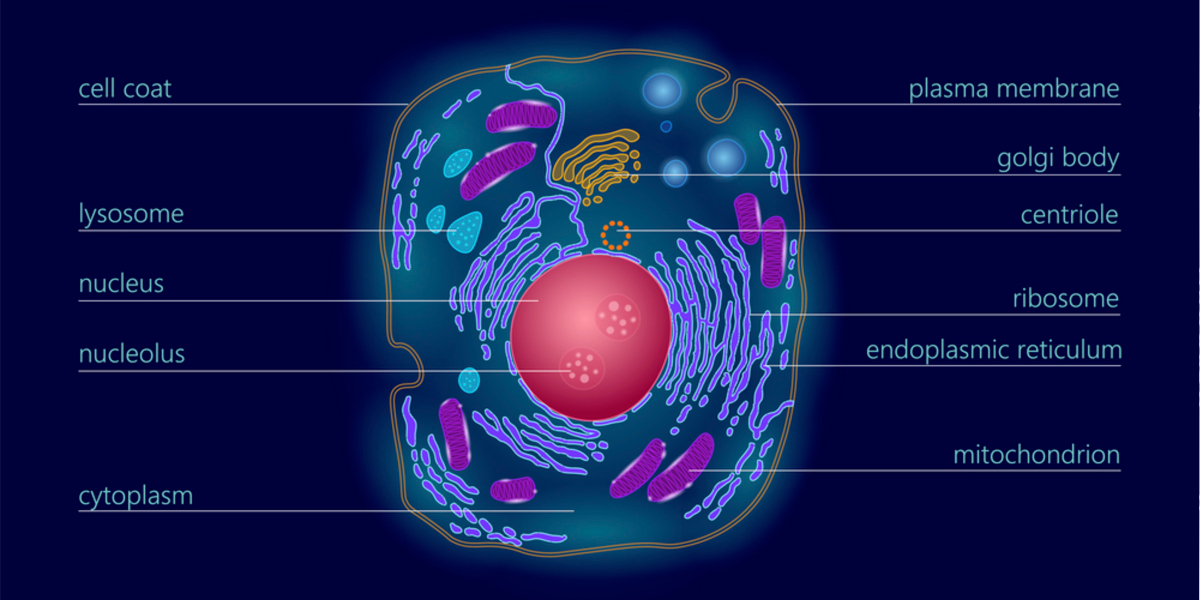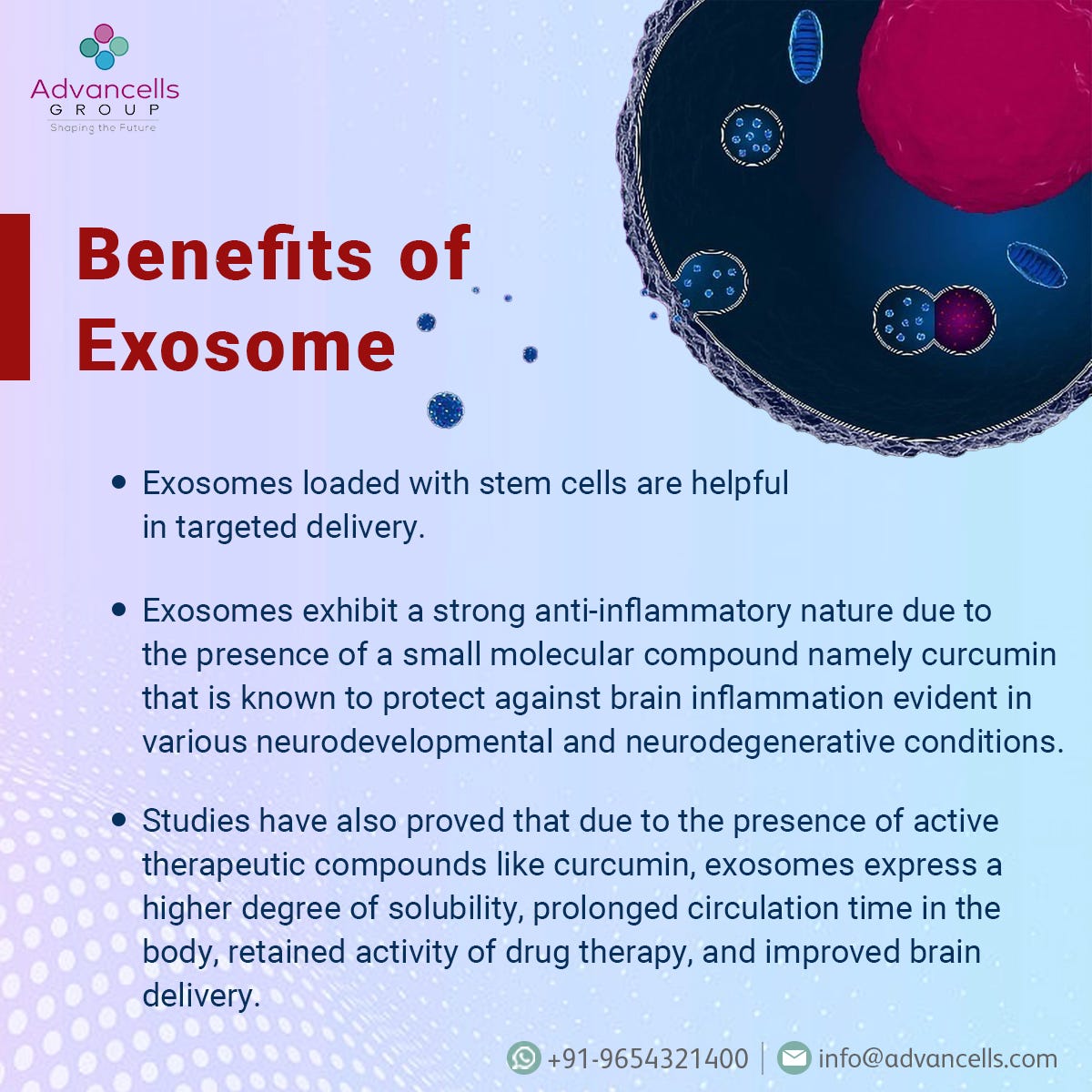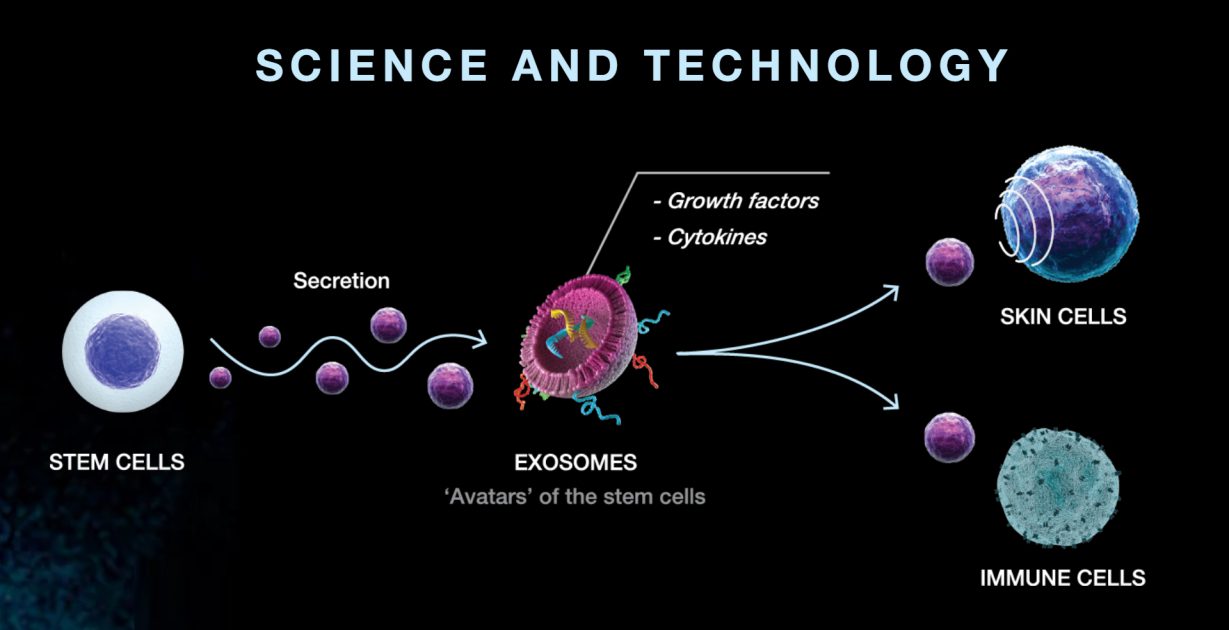Exosomes: The Future of Regenerative Medicine
Exosome therapy and exosome regenerative complexes represent a paradigm shift in regenerative medicine.
Exosome therapy and exosome regenerative complexes represent a paradigm shift in regenerative medicine.

Exosomes are revolutionizing the way we think about healing and tissue repair.
These tiny vesicles, secreted by cells, are packed with powerful molecules that can stimulate regeneration, reduce inflammation, and improve overall health.
Read on to discover the potential of exosomes in regenerative medicine.

Exosomes are nano-sized extracellular vesicles (EVs) that are naturally produced by most cells in our bodies. They play a vital role in intercellular communication, transferring genetic material, proteins, and lipids between cells.
Exosomes carry a concentrated cargo of beneficial molecules, including growth factors, cytokines, and microRNA (miRNA). These molecules are essential for regulating various cellular processes, making them valuable resources for regenerative therapies.
Exosome therapy is based on harnessing the power of these cellular messengers to promote healing and regeneration of damaged tissues. Here's how it works:
Exosomes are typically isolated from various sources, such as stem cells, blood, or other bodily fluids. They are then rigorously purified to ensure safety and efficacy.
Purified exosomes are administered to the site of injury or disease. This can be done through direct injection, intravenous infusion, or topical application.
Once delivered, exosomes interact with target cells, releasing their cargo of growth factors, cytokines, and other beneficial molecules.
These molecules stimulate various cellular processes, including cell proliferation, differentiation, and migration, leading to tissue repair and regeneration.
An exosome regenerative complex (ERC) is a sophisticated therapeutic product that combines the power of exosomes with other regenerative components.
The goal is to create a highly potent formulation for maximized tissue healing and repair.
ERCs might contain a blend of purified exosomes along with:
The field of exosome therapy is rapidly advancing, with promising applications across various medical specialties. Here are a few areas where exosomes are showing significant potential:
Exosomes can accelerate the healing of chronic wounds, diabetic ulcers, and burns by promoting cell migration and tissue formation.
Exosome therapy may offer relief for conditions like osteoarthritis by reducing inflammation, promoting cartilage regeneration, and alleviating pain.
Exosomes are being explored for skin rejuvenation, hair growth stimulation, and scar reduction due to their ability to promote collagen production and skin cell renewal.
Studies suggest that exosomes can cross the blood-brain barrier, making them potential therapeutic agents for neurodegenerative diseases like Alzheimer's and Parkinson's.
Exosomes may promote angiogenesis (blood vessel formation), making them helpful in treating heart disease and peripheral artery disease.

Exosomes are naturally derived from the body's own cells, minimizing the risk of adverse reactions or rejection.
Many exosome-based therapies offer non-invasive methods of treatment, reducing the need for surgery.
Exosomes exert their effects through various mechanisms, including promoting cell growth, reducing inflammation, and modulating the immune system.
Exosomes can be engineered to deliver specific therapeutic molecules to target sites for precision treatment.
While exosome therapy is still in its relatively early stages, the research conducted and promising results paint a bright future for this emerging field. Here's why exosome therapies hold exciting potential:
Exosomes can be engineered to carry specific payloads, like drugs or genetic material, offering a path toward targeted, personalized therapies.
The natural origin of exosomes may create a safer therapeutic approach compared to some conventional treatment modalities.
With ongoing research, the potential applications of exosome therapy could expand into various medical fields, tackling complex diseases and degenerative conditions.

It's crucial to remember that research on exosome therapy is still evolving. Here are some points to keep in mind:
Developing standardized protocols for exosome isolation, characterization, and administration is paramount to ensure consistency and safety in clinical applications.
Clear regulatory guidelines are needed to manage the development and use of exosome-based therapies.
Further research and extensive clinical trials are crucial to determine the long-term safety, efficacy, and optimal dosage for exosome-based therapies across various indications.

Exosome therapy and exosome regenerative complexes represent a paradigm shift in regenerative medicine.
These naturally derived cellular messengers have immense potential to unlock the body's innate healing abilities.
Their ability to promote tissue repair, reduce inflammation, and modulate the immune system offers hope for managing a wide range of medical conditions.
Though more research is needed, the future of exosomes is full of promise.
This frontier of regenerative medicine might well revolutionize the way we approach healing and revolutionize patient care.
Here are reliable sources where you can delve deeper into the exciting world of exosome therapy:
Disclaimer:This blog article is intended for informational purposes only. It's always best to consult with a qualified healthcare professional regarding any health concerns or potential treatment options, including exosome therapy.
Your cart is currently empty.
Start Shopping